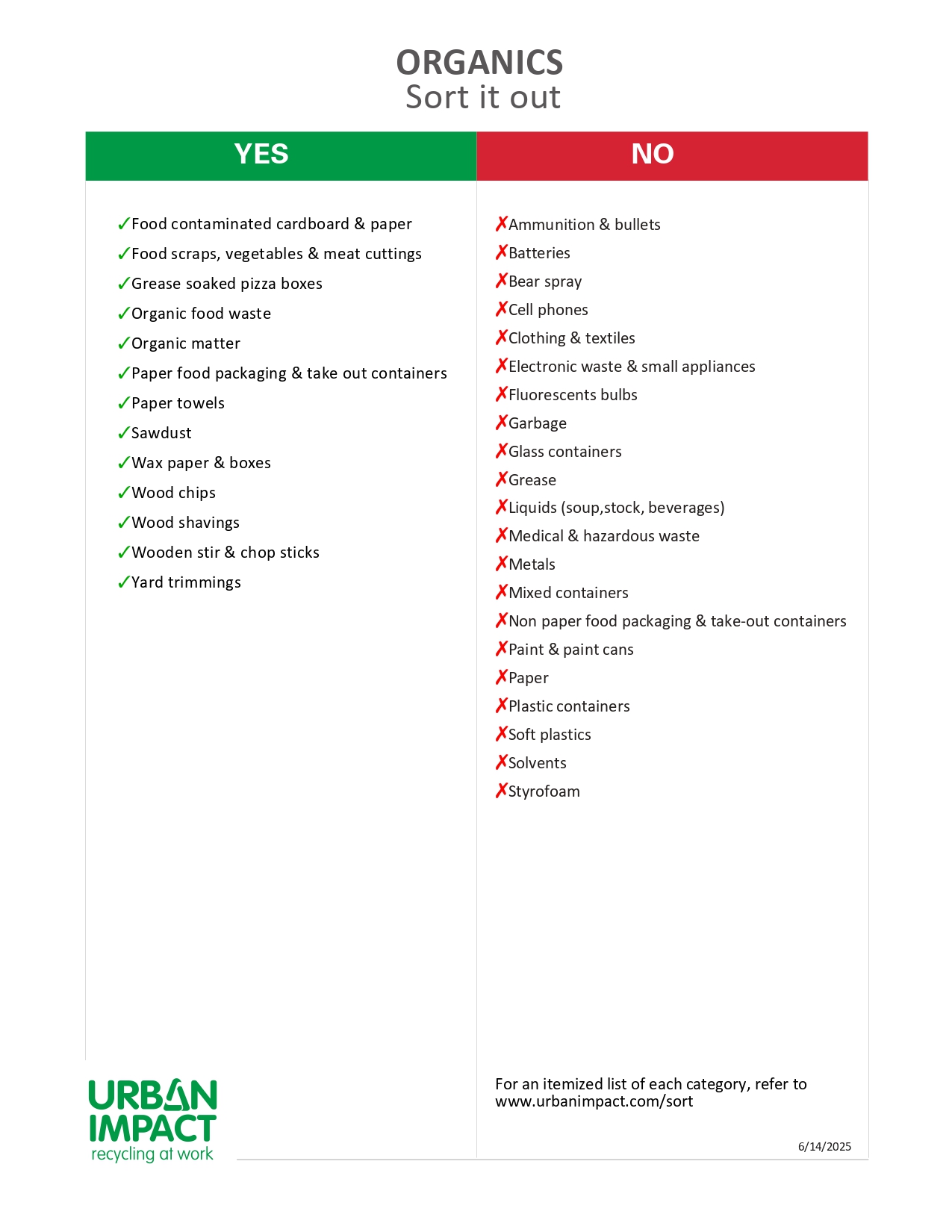Organics Recycling
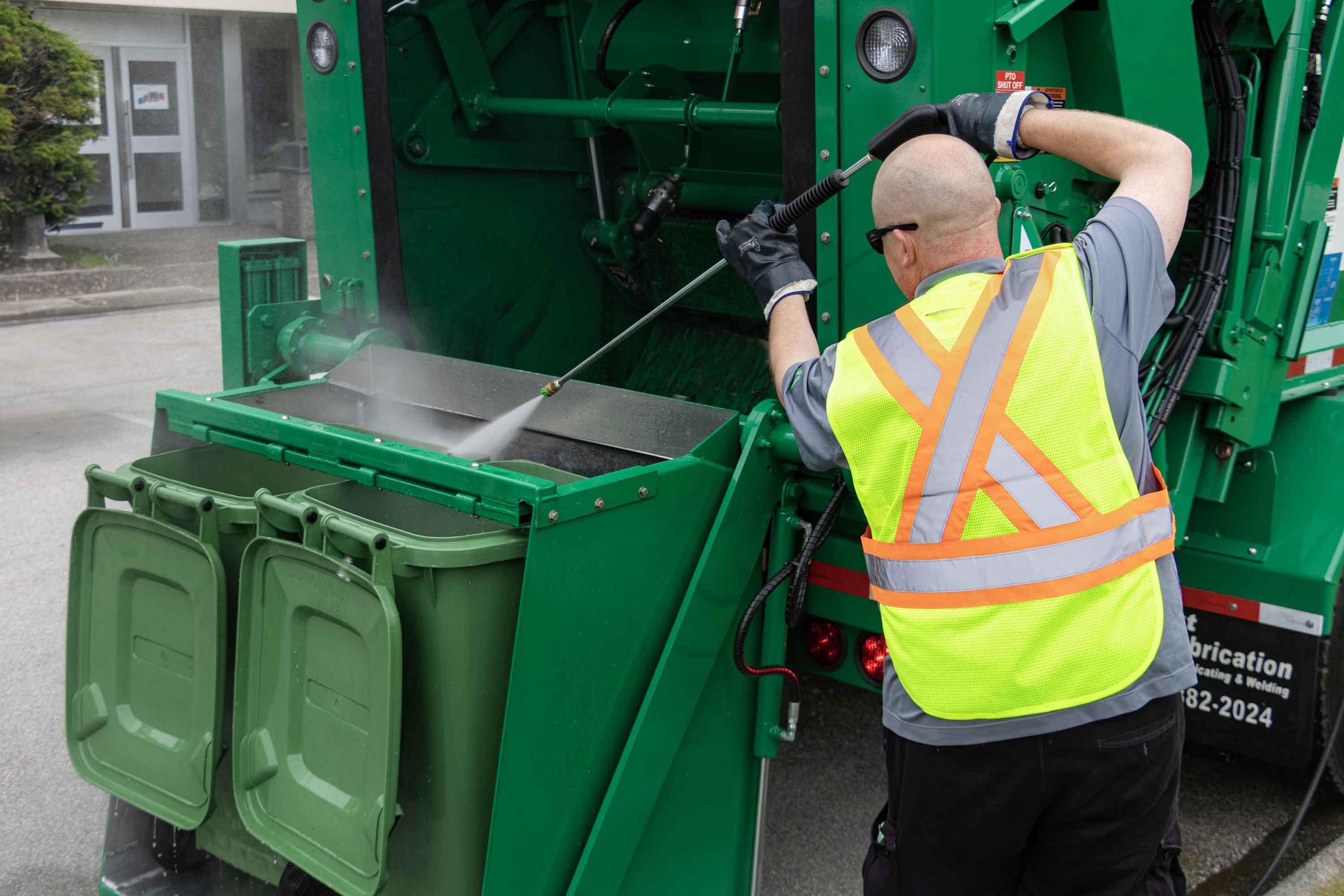
All food scraps - raw and cooked food, plate scrapings, leftovers, expired food, meat, bones, and dairy products are recyclable. Turn your food waste into a valuable resource and reduce waste going to landfills.

It might seem that organic food waste will harmlessly breakdown in landfills, however, that is not the case. Food waste has a big impact on the environment. As food rots, it releases methane – a harmful greenhouse gas that is 25 times more potent than carbon dioxide.
Recycling or composting organic food is good for the environment; it saves water by helping amend soil, reducing water run-off and creating space in landfills.
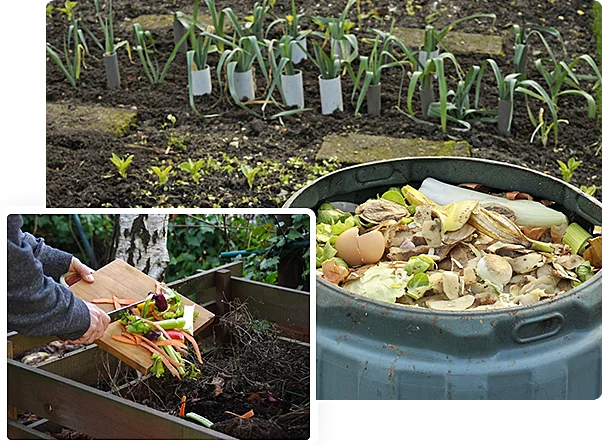
How Our Organics Truck Washes the Bins

Our organics recycling service helps your business reduce waste going to landfills and supports your sustainability goals.
We provide organics recycling services for business of all sizes. Whether your business is a restaurant, hotel, food manufacturer or corporate office, we have an organics waste recycling program that fits your needs.
Urban Impact has a Clean Bin service for organic waste. Our on-board washing system cleans and sanitizes your organics bin at each and every pick-up. You do not need to line your bin with a bag. Our Clean Bin service reduces odors, the yuck factor and pests, while saving time, money and the environment.
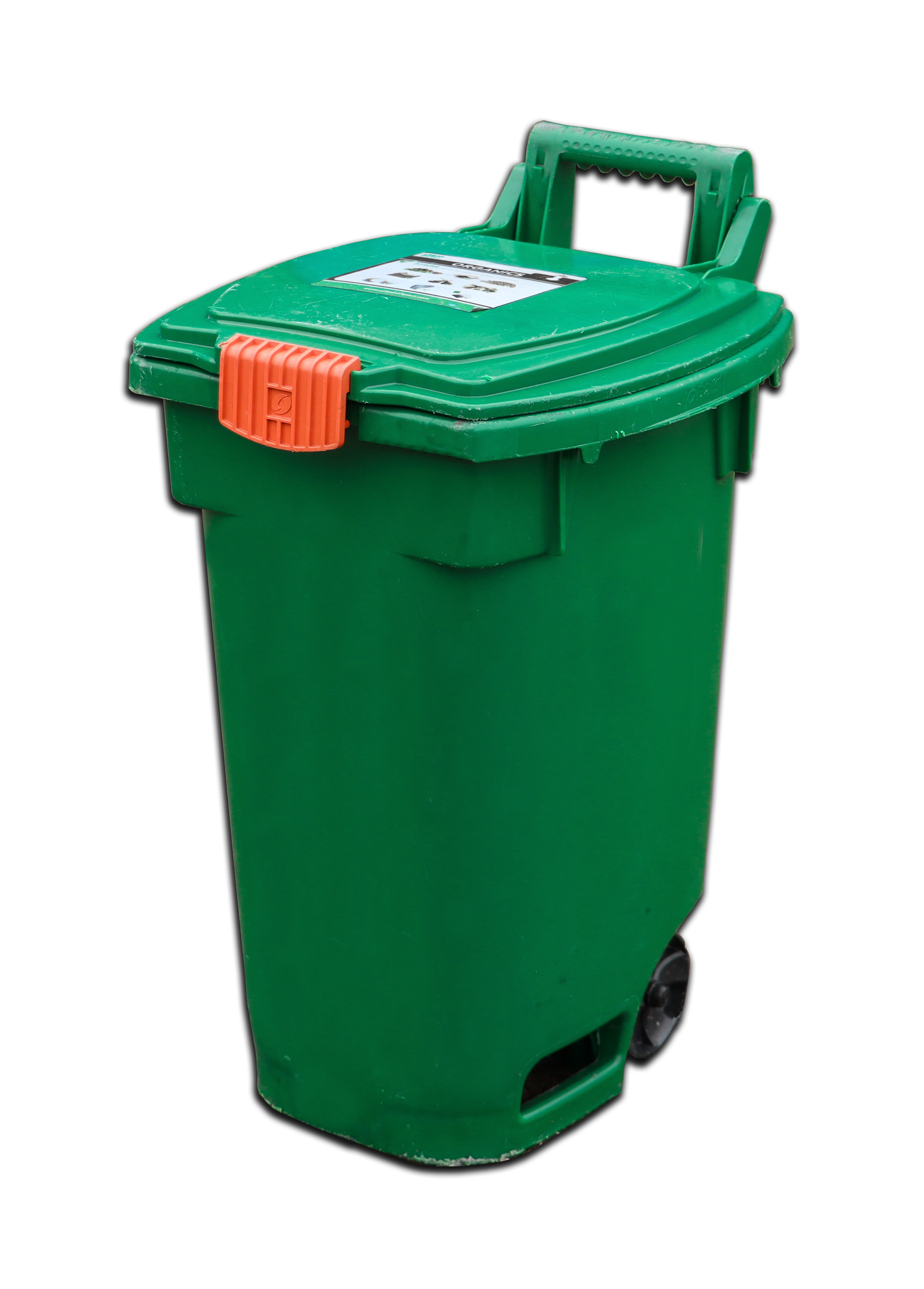
12 Gallon Tote
1.3'(L) x 1.5'(W) x 2.25'(H)
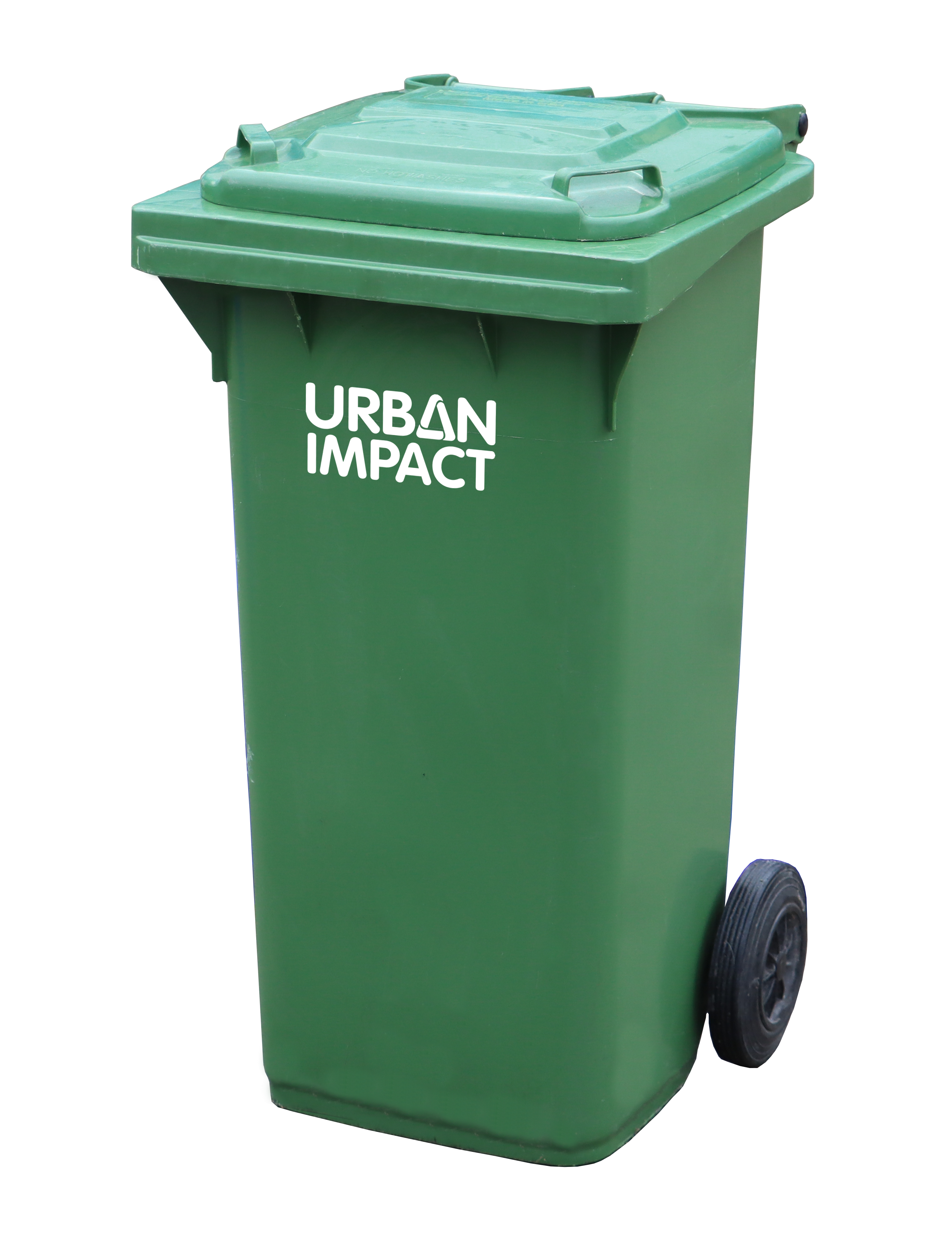
32 Gallon Tote
1.8'(L) x 1.6'(W) x 3'(H)

64 Gallon Tote
3.4'(L) x 1.9'(W) x 3.5'(H)
Labels and Signage
Download signage to help your organic waste diversion efforts run smoothly.
- For most businesses, organic food scraps make up about 30% of their garbage.
- The average Canadian wastes 79 kilograms of household food every year. That adds up to 2.94 million metric tonnes of household food waste annually. (source: UNEP Food Waste Index report)
- Separating your organics makes it beneficially reusable for composting.
- Organics food scraps are used to produce a range of nutrient-rich composted products.
- Removing organics from landfill reduces greenhouse gases.
- Using compost can reduce the need for synthetic fertilizers and pesticides.
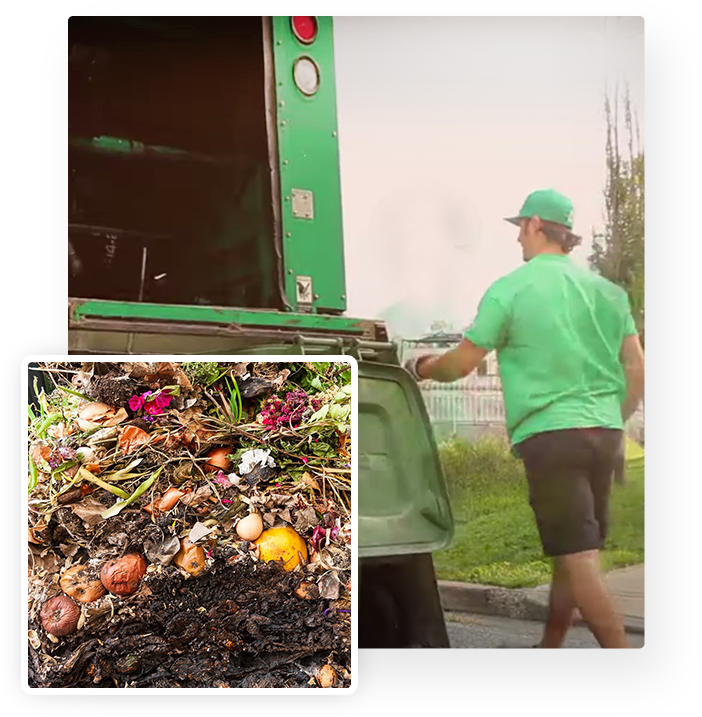
©Copyright 2026 www.urbanimpact.com | All Rights Reserved

